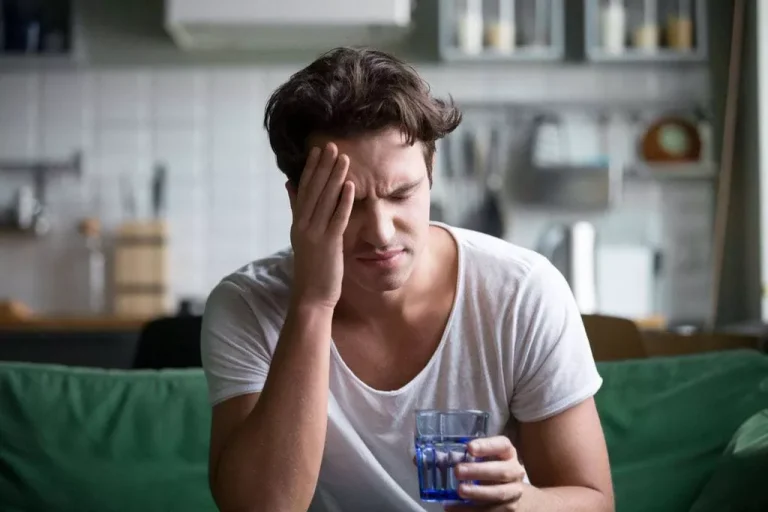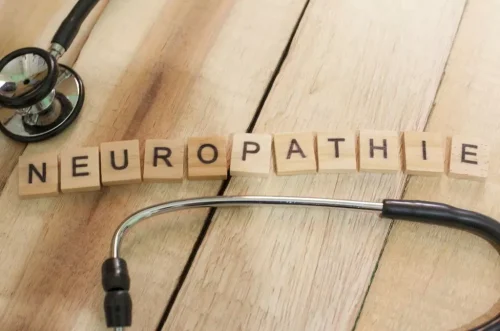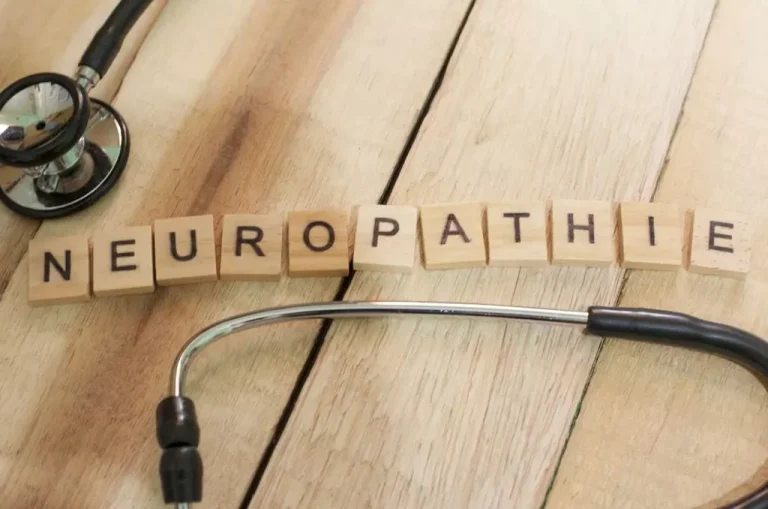
This might include seeking Alcohol Relapse professional help, such as therapy or counseling, to better understand and manage these emotions. By proactively addressing emotional turmoil, you can maintain your sobriety and continue on your recovery journey. Relapse triggers are events, situations, or emotions that can lead to a strong desire to seek out drugs and alcohol again, potentially resulting in alcohol abuse. These addiction relapse triggers can vary from person to person and can be incredibly powerful, leading to an increased risk of addiction relapse. It has been postulated that naltrexone may blunt the rewarding effects of alcohol, whereas acamprosate may attenuate adaptive changes during abstinence that favor relapse (Heilig and Egli 2006; Litten et al. 2005). This experimental design can be further modified by the use of discriminative contextual cues.
Alcoholic Relapse: What To Do When Someone Relapses
There are a lot of misconceptions about a relapse on alcohol or drugs. Sometimes, we think that a relapse is a failure or proof treatment didn’t work. Relapse is something that can but doesn’t have to be part of the recovery process. By being aware of these stages of relapse, you may be able to identify the signs early on in yourself or someone drug addiction else and take steps to adjust what’s happening before there’s a full-blown relapse. As a result of these brain changes, a person experiencing drug or alcohol dependence will have a particularly difficult time maintaining sobriety—especially when faced with a psychological, physical, or emotional trigger.
What are the top 3 factors that contribute to relapse?
Going back to rehab after a relapse will help you identify the root cause of your substance abuse, develop healthy coping skills, and learn what you need to do to stay sober. But you can learn how to ease stress, avoid risky situations, and manage your disease. It is a temporary setback in a recovery process that will one day lead you to live your life free of drugs. Awareness of these risks and proactive communication with your treatment team and support network can help manage relapse triggers during major life changes. By developing adaptive coping skills and practicing self-care during transitions, you can continue on your path to recovery and avoid setbacks.

What to Do After an Alcoholic Relapse
- For people who have established a sustained period of sobriety, relapse doesn’t occur overnight.
- In fact, between 40% to 60% of people with a substance use disorder relapse at some point in their recovery journey.
- It is hard to admit to others that you have experienced a relapse, but it is the best thing to do.
- From a clinical standpoint, this is important because it underscores the value of these models in identifying and evaluating new treatment strategies that may be more effective in battling the problem of relapse.
- While it is a common part of the recovery process, it can lead to dangerous behaviors that may harm both the relapsing individual and their loved ones.
The National Institute on Drug Abuse defines relapse as a return to substance use by patients recovering from addiction. Relapse is considered a common part of recovery, with relapse rates for substance use disorders (SUD) ranging from 40-60%. If you’ve experienced a relapse and are ready =https://ecosoberhouse.com/ to seek treatment, American Addiction Centers’ (AAC) admissions navigators can discuss your treatment options with you.
- Recovery from an alcohol use disorder and living a sober life requires daily work and discipline; and it is ultimately about making progress and moving forward in one’s life without the negative consequences of alcohol use, not perfection.
- This latter finding suggests that elevated alcohol self-administration does not merely result from long-term alcohol exposure per se, but rather that repeated withdrawal experiences underlie enhanced motivation for alcohol seeking/consumption.
- Moreover, after receiving some of these medications, animals exhibited lower relapse vulnerability and/or a reduced amount consumed once drinking was (re)-initiated (Ciccocioppo et al. 2003; Finn et al. 2007; Funk et al. 2007; Walker and Koob 2008).
- These stages can help prevent relapse and support people to live healthier, fuller lives.
- By understanding your triggers, you can take steps to stay away from them and manage relapse triggers more effectively.

Over time, these dopamine surges teach the brain to seek the drug or alcohol any time the user encounters a trigger. In a separate 2014 study published in Drug and Alcohol Dependence, researchers reported relapse rates of 506 people who had maintained recovery from alcohol use disorder for one year. In a national three-year study that surveyed people trying to recover from alcoholism, 38 percent of individuals with minor alcohol problems and 30 percent of people with moderate or severe alcohol problems were able to quit drinking. People who had severe addictions to alcohol or co-occurring disorders were less likely to successfully quit. The study was published in 2014 in the journal Drug and Alcohol Dependence. A single episode of drinking isn’t always considered a relapse.
